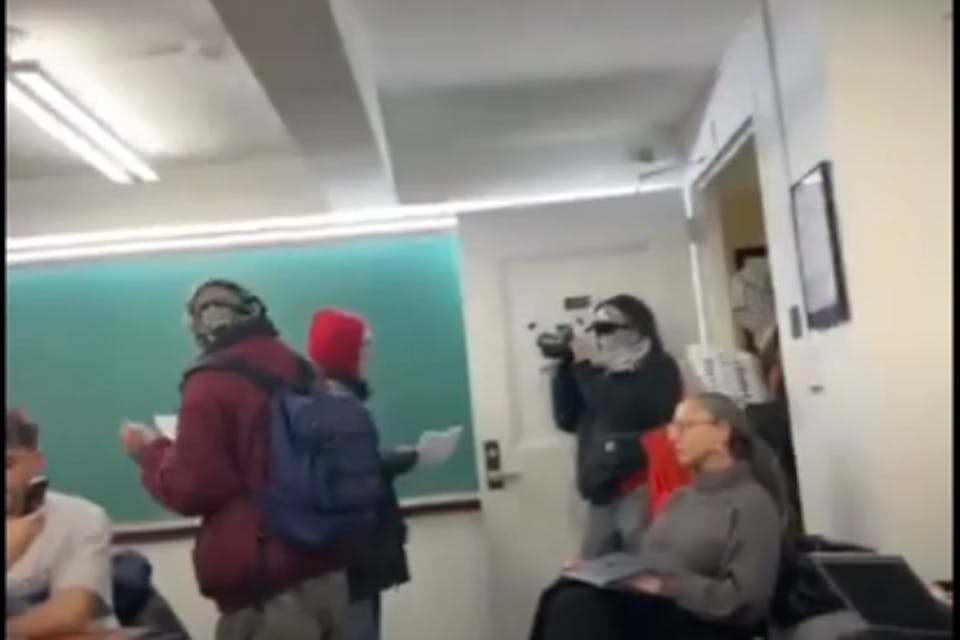
August 25, 2025
The Campus Intifada Is a Golden Opportunity for Those Who Study Israel Seriously
The spotlight on Israel should be seen as a chance to explain the country to those who misunderstand it.
The protesters who burst into the first class I taught last semester at Columbia University are, no doubt, living proof of just how difficult it is to teach about Israel at prestigious American universities. Ironically, the protesters barged into the room shouting against “the Zionist lecturer who came to preach Zionism” and the students who only wanted to learn, just as I was explaining that in this course, “The History of Modern Israel,” we would be studying both the Palestinian narrative—which regards the 1948 war as “the Nakba,” the culmination of the Palestinian catastrophe—and the Israeli narrative, which regards 1948 as the climax of the process of national redemption and the War of Independence.
The protesters, some of whom were students, ignored my invitation to join the class and express their opinions during the lesson. They came to shout and protest, not to debate or learn. This incident weighed on my students and naturally made it harder for me to focus on the reason I had come to Columbia in the first place: to teach and conduct research.
Yet despite the difficulties, this incident—which drew special attention because it occurred in a classroom and was captured on a viral video—also had a positive impact. Immediately afterward, the waiting list for the course increased. During the semester, my students and I felt that we were not only learning history but also experiencing a historic period firsthand. These circumstances certainly made class more meaningful for both the students and for me.
Responses to August ’s Essay
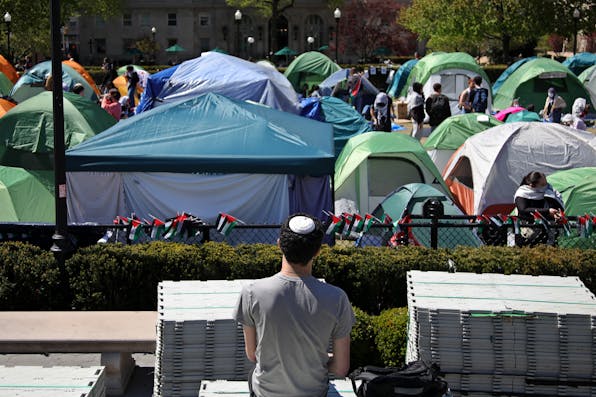
August 2025
The Future of Higher Education and the Jews: A Symposium
By The Editors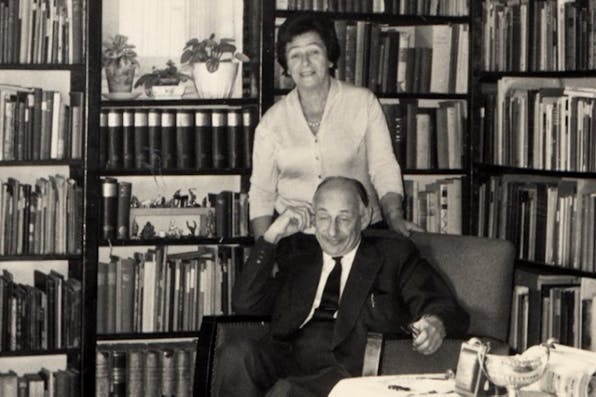
August 2025
How Jewish Studies Became a Tool of Adversarial Culture
By Ruth R. Wisse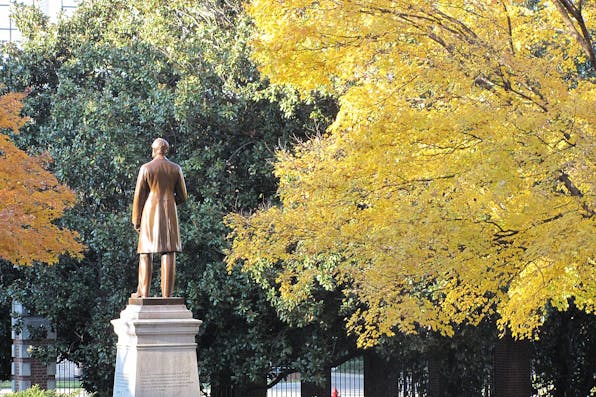
August 2025
The Future of Universities Must Be Built on Firm Values
By Daniel Diermeier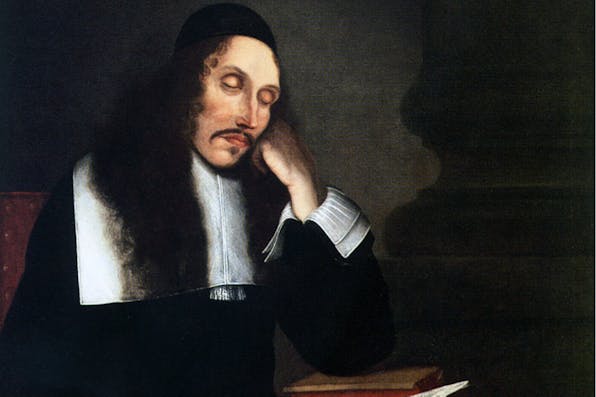
August 2025
Western Civilization and the Jews: A Shared History
By Steven H. Frankel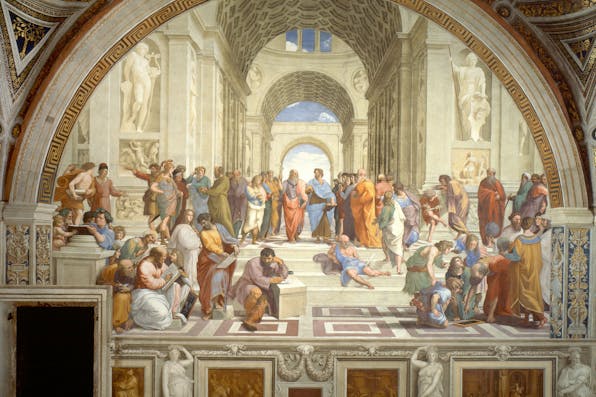
August 2025
The Quest for Wisdom, Truth, and Virtue at the University of Dallas
By Jonathan J. Sanford
August 2025
Universities Need Teachers Who Want to Teach, and Students Willing to Learn
By Bella Brannon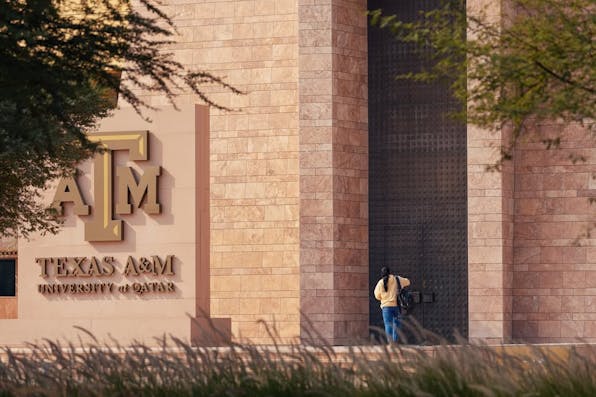
August 2025
Saving American Universities Requires Cracking Down on Foreign Funding
By Danielle Pletka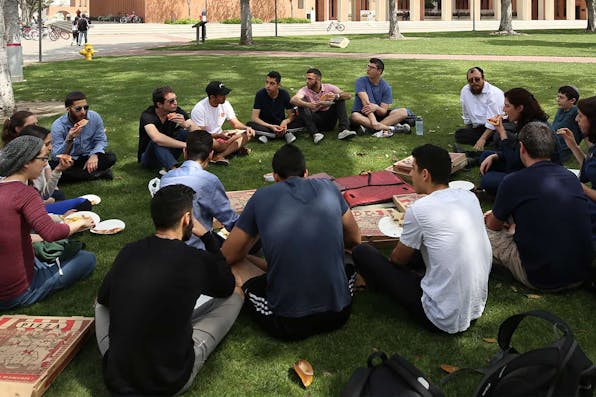
August 2025
Jews Shouldn’t Give Up on Universities, and Neither Should America
By Eitan Webb
August 2025
The Moral Collapse on Campus Is a Result of the Hollowing Out of the Humanities
By Alexander S. Duff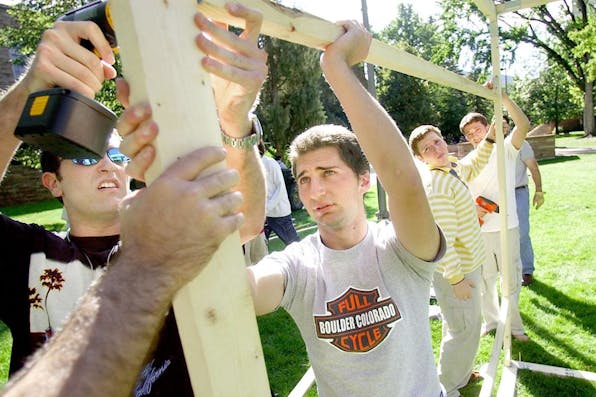
August 2025
Return American Universities to Their Religion-Friendly Roots
By Liel Leibovitz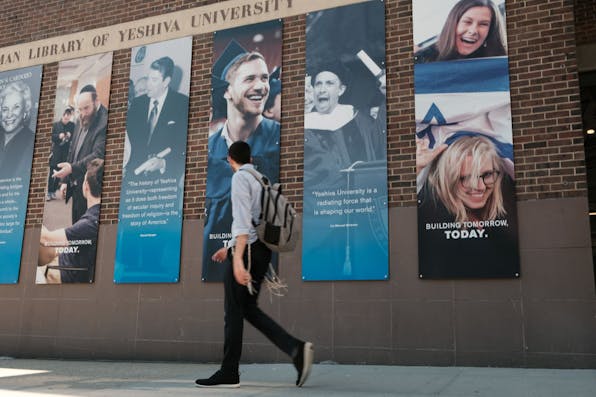
August 2025
To Make the Academic Desert Bloom, Look to Religion
By Ari Berman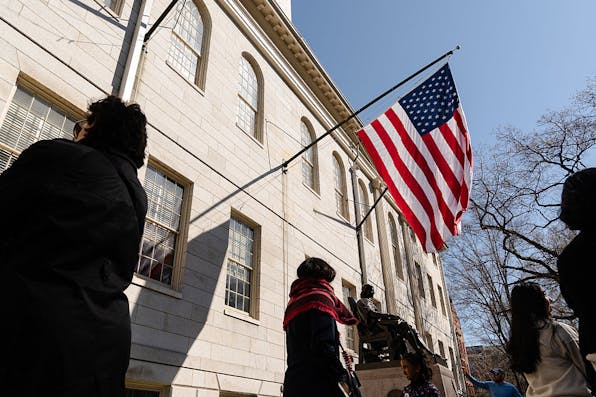
August 2025
The Universities and the American Crisis
By Ben Sasse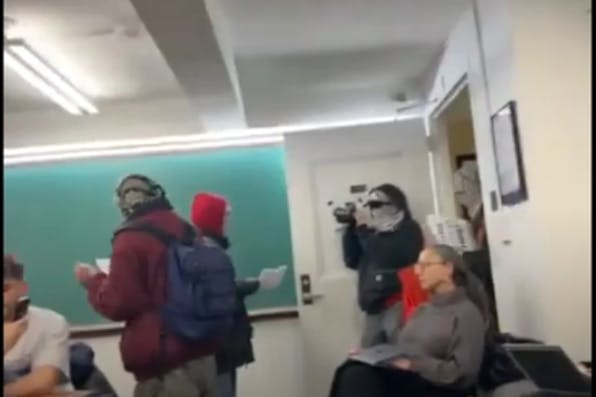
August 2025
The Campus Intifada Is a Golden Opportunity for Those Who Study Israel Seriously
By Avi Shilon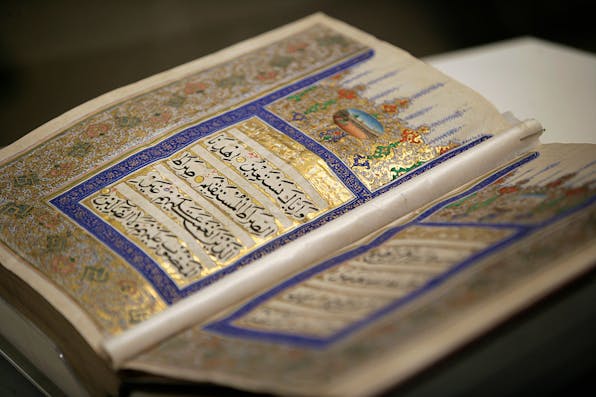
August 2025
With No Easy Fixes for Middle East Studies, It’s Time for New Programs
By Robert Satloff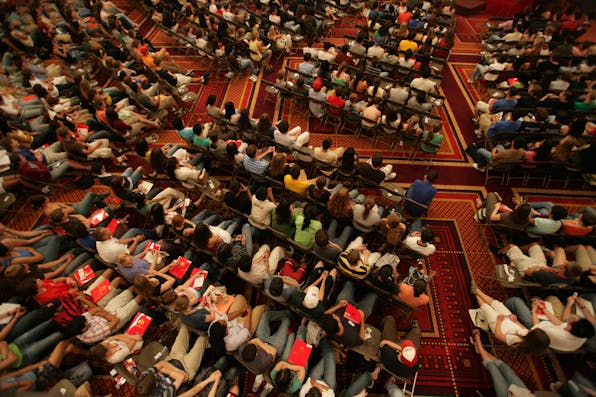
August 2025
The Perverse Microeconomics of the American University
By Michael Hochberg